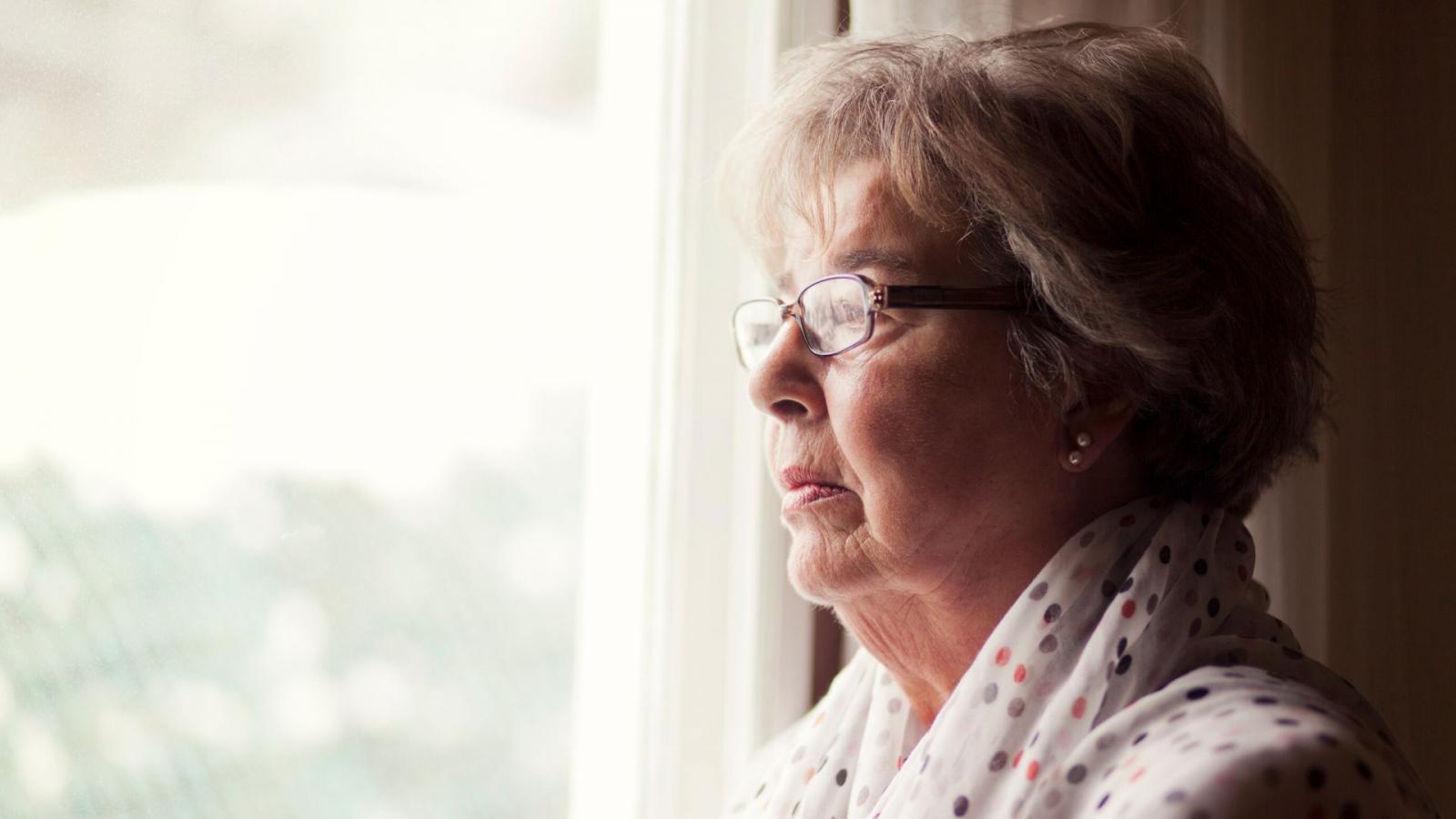Sexual side-effects for women and people assigned female at birth

Shortening or narrowing of the vagina
Surgery or radiotherapy might shorten or narrow your vagina. For example, if scar tissue forms after radiotherapy to the pelvic area. Also the walls of the vagina can become less stretchy than before treatment. This can make sex uncomfortable.
What can help?
- Using dilators may prevent the vagina becoming shorter or narrower by preventing scar tissue developing in the vagina. Dilators are tampon-shaped plastic tubes of different sizes that you use with a lubricant. You can also use a vibrator.
- Regular gentle sex can also help to dilate the vagina.
Your specialist nurse will talk to you about dilation and how to use a dilator or vibrator, if it might be helpful to you. You may feel embarrassed or uncomfortable about using a dilator. Your specialist nurse or medical team will understand your concerns and will always respect your feelings.
Vaginal irritation or dryness
Radiotherapy to the pelvis can cause vaginal dryness or irritation. This can make having sex uncomfortable.
What can help?
- Vaginal creams or moisturisers can be used regularly to help with day-to-day dryness.
- Vaginal lubricants can be used during sex to make it more comfortable and pleasurable.
- Hormonal creams and moisturisers can also help with vaginal dryness.
- Your doctor or nurse specialist can give you advice about the best products to help.
Vaginal thrush
Thrush is common with chemotherapy, especially if you are taking steroids or powerful antibiotics to prevent infection. It causes itching, discharge and sometimes pain around your vaginal area.
What can help?
- There is cream available over the counter in pharmacies to treat thrush.
- Wear loose-fitting cotton underwear and avoid perfumed soap and bath products, which are more likely to irritate your vaginal area.
Pain
You may feel tender or sore for a few weeks after surgery or radiotherapy. Sex may be painful, if you have had treatment in that area, you may have wounds that make physical contact difficult or your skin may be sore to touch in areas treated by radiotherapy.
What can help?
- You may want to avoid sex for a few weeks to allow the area to heal fully and avoid any further damage.
- Taking painkillers or changing position to avoid pressure on the sore area may help.
It may be difficult to hold or hug your partner if your wounds are still healing or if you have scarring.
Bleeding
Radiotherapy can make the lining of the vagina more fragile, so you may experience light bleeding during sex. It’s best to get any bleeding checked out, so let your medical team know if you have this side-effect.
Menopausal symptoms
Some treatment cause menopausal symptoms like hot flushes, dry skin, dryness of your vagina (see above for advice), reduced sexual desire, night sweats and mood swings. These can affect you physically and mentally when it comes to having sex. Read more about managing menopausal symptoms.
Hints and tips – sex after cancer treatment
- Give yourself time to recover, and don’t rush into sex if you don’t feel ready.
- It may help to talk openly to your partner or a counsellor about how you’re feeling.
- Talk to your specialist nurse if you’re worried about your sex life or sexual side-effects. You don’t need to feel embarrassed. They will be happy to talk to you and give you advice.
- It may be useful to become more aware of your vaginal muscles and learn how to relax your muscles when you are having sexual intercourse.
- If having sex is uncomfortable try different positions. Lying on your side or having your partner underneath you may be easier.
- You should use contraception to prevent pregnancy during and after radiotherapy or chemotherapy. You may still be fertile during chemotherapy - even if your periods stop, and you may be fertile for a short time after starting radiotherapy. Your doctor will advise you about contraception.
If you have a stoma: Having a stoma can affect how you feel about your body. You may also be afraid that the bag will become dislodged or cause damage to the stoma. Empty the bag before sexual intimacy and roll it up or tape it down so it will not get in the way, if you wish. If you need more advice talk to your doctor, specialist nurse or stoma nurse, they are all experienced in dealing with these issues.
For more information
Phone
1800 200 700



